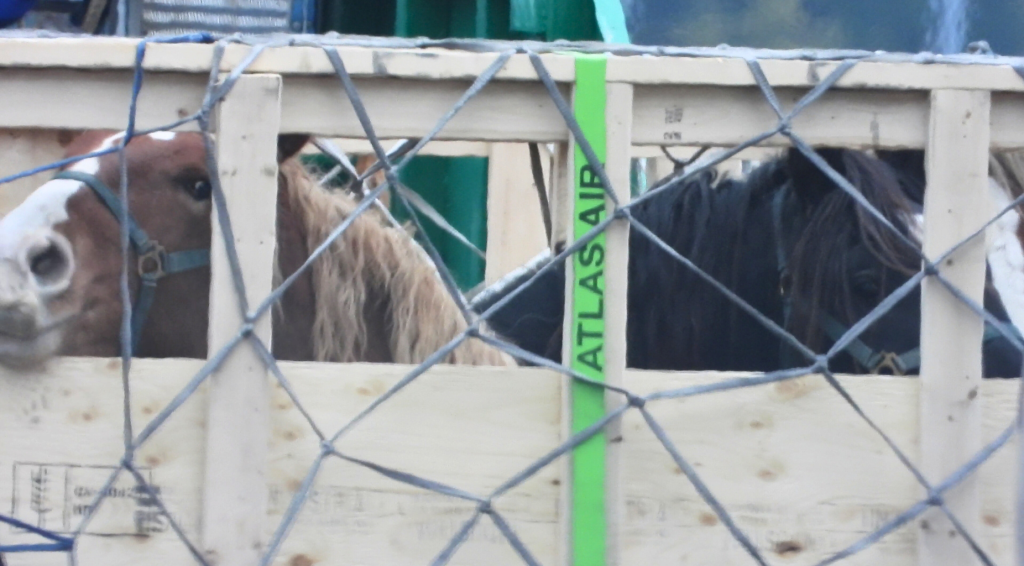To say that Canadian federal politics are in a confusing state of disarray would be an understatement. One clear thing is that the Prime Minister’s decision to prorogue Parliament until March 24th brings most federal law-making activities to a screeching halt and seriously risks the future of all current bills, including Bill C-355 which aims to ban the export of live horses for slaughter overseas.
What Happens To Bill C-355 Now?
When Parliament is prorogued (paused), all government bills that have not passed die. To pass, they must be introduced again once Parliament resumes—and in the current federal political landscape, these bills’ chances of passing are low.
Bill C-355 is a private member’s bill, introduced not by the government but by MP Tim Louis. Unlike government bills, private members’ bills are automatically reinstated when Parliament reconvenes. To have a chance at passing, the Bill would need to pass swiftly through the remaining steps in the legislative process before the next election is called.
Why We’re Not Giving Up
The federal Liberal Party committed to banning live horse exports for slaughter in its platform during the last election. The promise was followed by a mandate letter in December 2021 from Prime Minister Justin Trudeau to then-Minister of Agriculture and Agri-Food Marie-Claude Bibeau in which she was instructed to fulfill the promise and end live horse exports.
No one can predict how the coming months will play out in federal politics, and no one can predict with certainty how quickly an election will be called after Parliament reconvenes on March 24th. Until that election is called and Bill C-355 actually dies, we will work relentlessly to ensure Canada passes the promised ban on live horse exports for slaughter.
The second reason for hope is that a bill to pass a new statute is not necessary for the ban to be put into place. Instead, the Minister of Agriculture, Lawrence MacAulay, can and should make good on the promise by amending the Health of Animals Regulations. Unlike legislative processes, regulatory amendment processes can happen even when Parliament is paused.


The Tragic Reality of Canada’s Live Horse Export Industry
The suffering these gentle animals endure on their gruelling journey to Japan is almost unimaginable. More than 2,000 horses are shipped to Japan each year, where they are slaughtered and eaten as sashimi—a delicacy for the rich. This cruel practice has been widely condemned by Canadians, and should have been outlawed long ago.
Packed together into wooden crates and denied food, water, and rest for more than 24 hours, two recent investigations show that these horses are becoming injured, suffering illnesses, and even dying during transport and in the hours and days following.
Working with Japan-based Life Investigation Agency, Animal Justice showed that despite what the industry claims, most shipments appear to go over the legal limit of 28 hours without food, water, and rest. Using Government of Japan records, the groups also showed between June 2023 and June 2024 alone, at least 22 horses exported for slaughter died during transport or in the hours and days shortly thereafter. They died from dehydration, stress caused by transport, agonizing miscarriages, “shipping fever”, and injuries sustained during transport.
More than 60 others were injured or became seriously ill during this time. None of these injuries, illnesses, or deaths were reported to Canadian officials.
Tell Canada’s Minister of Agriculture To Pass a Ban Before the Next Election
As long as horses are suffering, we will not give up—and neither should you.
Take action now to protect horses and ensure the law is changed quickly before more horses suffer and die! Please urge Minister MacAulay to introduce regulations now and make good on the government’s promise to Canadians before it’s too late.
